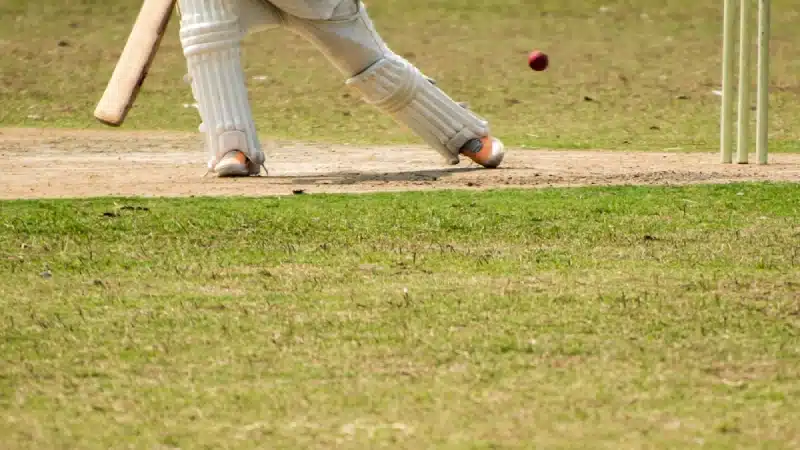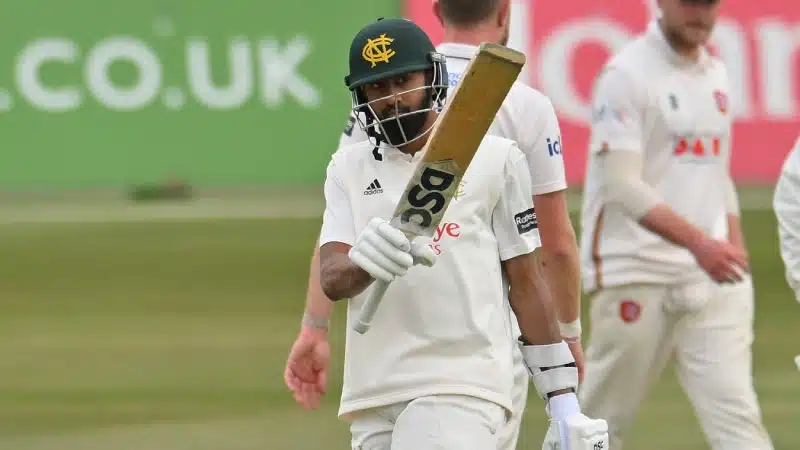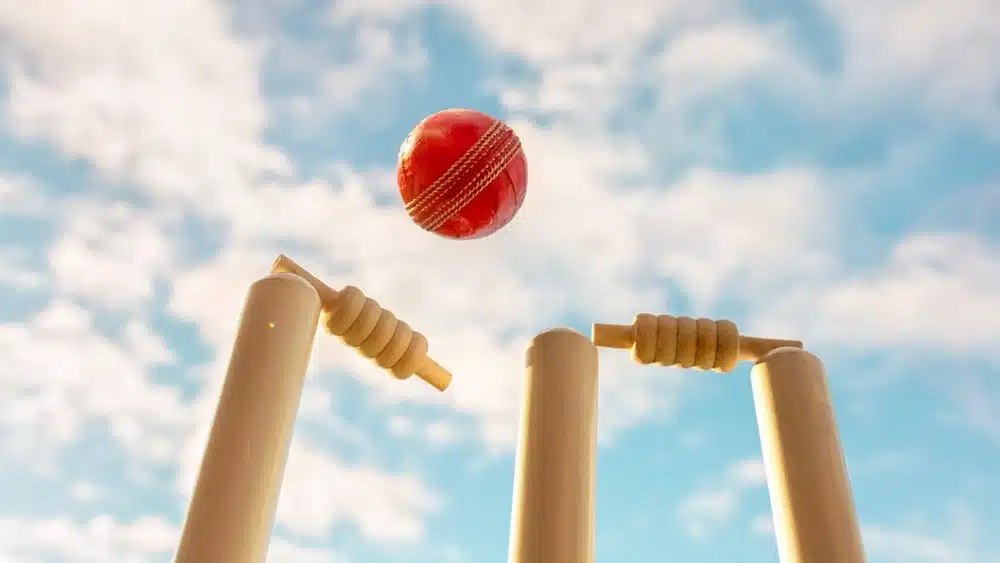
Sri Lanka Cricket has landed in another fresh controversy after Test captain Dimuth Karunaratne, Dinesh Chandimal, Angelo Mathews and a few other senior players refused to sign the central contracts offered by the board that they deemed were far less in comparison to other cricket-playing nations.
An attorney representing the above mentioned players said that the remuneration offered is one-third as compared to other nations as per the Federation of International Cricket Association (FICA) report.
Sri Lanka Cricket (SLC) had offered central contracts to 24 players under four categories and had been given a June 3 deadline to act upon it.
As per the categories, only six players are placed under category A with the annual pay ranging between USD 70,000 to 100,000. Dhananjaya de Silva draws the maximum while others receive between USD 70,000 to 80,000.
To draw a comparison, India’s centrally contracted players in the lowest category (Grade C) earn a retainership fee of INR 1 crore (USD 137,000).
In a joint statement issued by the players, they expressed their shock at SLC’s decision of making details of the payment public and it has affected their peace of mind.
“These disclosures amount to a grave security concern to each and every player,” the statement read.
Aravinda de Silva, Chairman of the Cricket Advisory Committee (CAC) of SLC said that the past performance of the players forced them to take this decision. “We wanted to have key performance indicators for the players so that we could evaluate them,” De Silva said. He also stressed on the fact that the new pay structure was an incentive based contract.
The players have, however, denied to take the entire blame for Sri Lanka’s below-par performances and have also held the administration and the local structure as responsible factors for their decline in international rankings.
This development could affect India’s bilateral series in July if it is not sorted in the due course of time. India are to play six white-ball matches in a bid to help the Sri Lankan board generate some revenue which is otherwise facing a financial crisis.
Featured image : AFP / Lakruwan Wanniarachchi




















